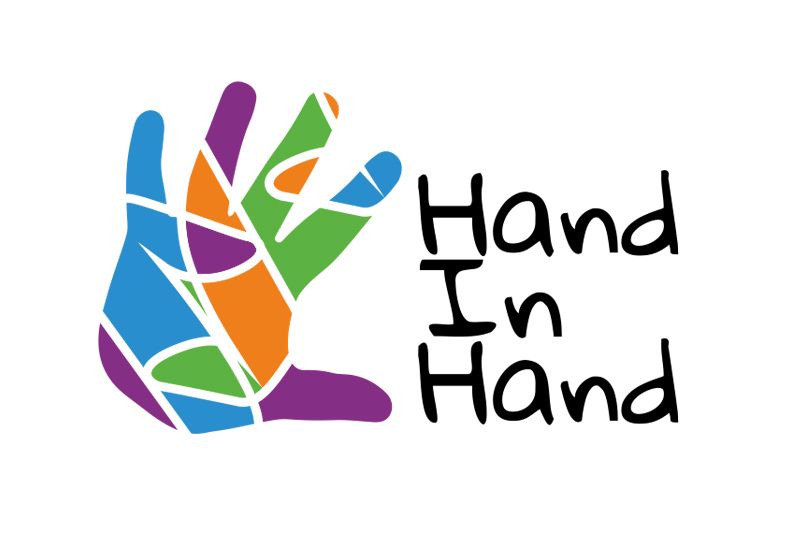Competitive research projects
HAND IN HAND: Empowering teachers across Europe to deal with social, emotional and diversity related career challenges
About project
Project basics
- Project coordinator: Educational Research Institute, Ljubljana, Slovenia
- Partners: Educational Research Institute (Slovenia), Ministry of Education, Science, and Sport (Slovenia), Institute for Social Research in Zagreb (Croatia), Ministry of Science and Education (Croatia), Bildungsdirektion Steiermark (Board of Education of Styria) (Austria), Leibniz Institute for Research and Information in Education (DIPF) (Germany), University of Graz (Austria), Mid Sweden University (Sweden), Universidade de Lisboa (Portugal), Aarhus University (Denmark), Network of Education Policy Centres (NEPC)
- Financed by: European Commission, Erasmus + programme
- Duration: February 28, 2021 – February 28, 2024
- Project web site: https://handinhand.si/en/home2/
Summary
HAND IN HAND: Empowering teachers across Europe to deal with social, emotional and diversity related career challenges is a policy experimentation project that brings together 11 partners from six countries. The main goal of the project is to support the development of teachers’ social and emotional competencies as well as their diversity awareness (SEDA) in order to equip them for the complexities of working with increasingly diverse classes and to enable them to deal flexibly with new challenges. The project also puts teachers’ well-being at the centre by highlighting how developing SEDA competencies simultaneously fosters self-care for teachers, giving a central role to the voices of teachers. The development of teachers’ SEDA competencies will be supported with the professional development programme called HAND: Empowering Teachers System that consists of: a) HAND: Empowering Teachers programme, as a set of innovative participatory activities and learning experiences, and b) continuous supervision, monitoring and support. By innovatively integrating the diversity awareness with the social and emotional competencies, the programme will equip teachers with the competencies to meet challenges of teaching in diverse societies, preventing them to leave the profession too early, empowering them to monitor and plan their career and supporting their own as well as their students’ well-being. The HAND: Empowering Teachers Programme will be tested by using a quasi-experimental design with control groups (before-after effects) in Slovenia, Croatia, Sweden, Austria, and Portugal, with primary and lower secondary teachers being the direct target group. Additionally, principals and school counsellors will also be included in the programme. This project also aims to contribute to the formation of a comprehensive EU teacher policy by providing EU and country-specific recommendations. Within the project, the Institute for Social Research in Zagreb (Croatia) will be responsible for implementing the HAND: Empowering Teachers in Croatia and will support the upscaling of the results on the national policy level. The Institute will take the lead in developing the theoretical overview of the core concepts of the HAND: Empowering Teachers project.
Logo

